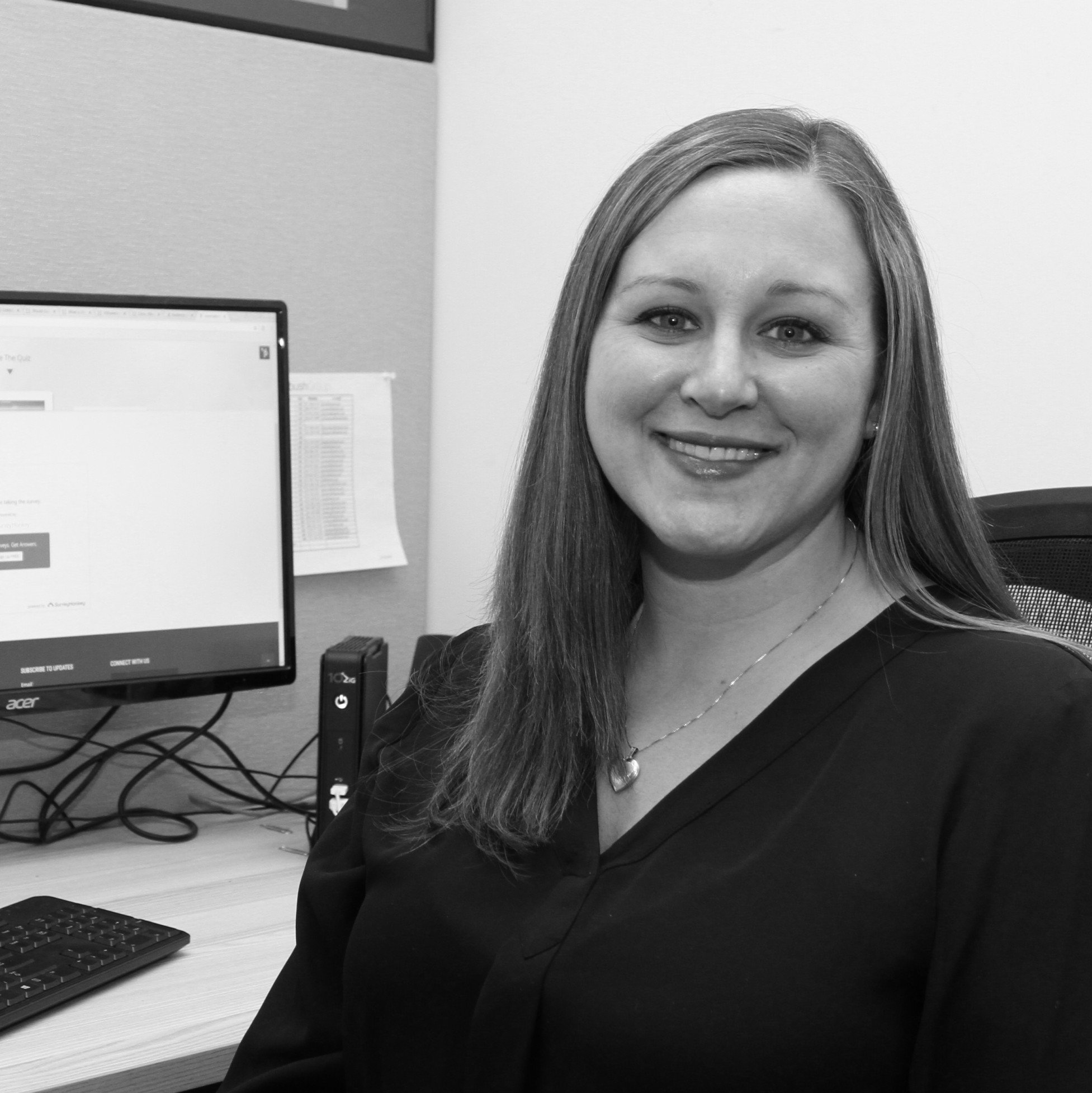“Bring Your Own Device” or BYOD is a growing trend accelerated by the pandemic. According to a report by market research firm Technavio, the BYOD market is expected to grow by $69.07 billion, or 15.06% annually, from 2021 to 2026. BYOD offers potential benefits for both employers and employees, but it can open a pandora’s box of security concerns if the employer does not implement and enforce a strict BYOD policy. Desktop as a Service (DaaS) is especially effective at helping employers manage their BYOD policy.
What is BYOD?
BYOD refers to employees’ usage at work of personally owned electronic devices, including PCs, laptops, tablets, and mobile phones. During the pandemic, remote and hybrid work arrangements grew substantially, and the sudden need for millions of employees to access their firms’ networks, databases, and email from remote locations helped fuel the BYOD trend.
BYOD can benefit both firms and their employees. It can save firms money since they do not have to bear the cost for as many devices. Further, productivity and communication are enhanced when employees can connect seamlessly to the network and files with their own devices from anywhere. BYOD allows employees to use the device they are most comfortable with, and it eliminates the need for employees who work a hybrid schedule to lug laptops or other equipment back and forth between the office and home.
Security Concerns
On the negative side, BYOD can put a firm at greater risk for a data breach. Employees’ personally owned devices might not be up to the security standards that the firm has set for its own devices. For instance, an employee’s device may lack the firewalls, anti-virus software, or mobile device management software that the firm normally utilizes. In some cases, the employee’s device may be antiquated and therefore no longer supported with security updates by the manufacturer. Similarly, the device’s applications may be out of date, which means they lack certain protections that updated versions have.
When working outside the office, employees might use their devices within an unsecured wireless network, which can be accessed by anyone, including cybercriminals. Further, employees may have their devices synced with other family members’ devices, which creates additional vulnerabilities and confidentiality concerns.
Your BYOD Policy
Firms must implement a thorough and effective BYOD policy that addresses these and other concerns. You must ensure employees’ devices are equipped with appropriate protections and that employees use the devices in a manner that secures the privacy of your data, and your clients’ data, at all times. But creating the policy is the easy part; the policy is only as good as the system you have in place to monitor and enforce it.
DaaS’s inherent features make it an ideal tool for supporting your BYOD policy enforcement efforts.
What Is DaaS?
Desktop as a Service (DaaS) is a cloud-based computing solution in which a service provider securely streams virtual desktops to users over the internet. Users can securely access their familiar Windows desktop, with all their applications and files, using any device and from any location. Employees can work on a file on one device and then pick up exactly where they left off on another device. The cloud provider handles all system maintenance, software updates and upgrades, end-user technical support, and multi-faceted security functions.
DaaS and Your BYOD Policy
DaaS alleviates many of the security concerns associated with BYOD. Regardless of what device employees use and where they log in, all device-to-server connections are made within the cloud provider’s secure environment. This allows for security that stretches beyond your office walls, protecting your data no matter where your employees are working and what device they are using.
A good DaaS provider will have enterprise-level security features that deliver many layers of protection, from encryption, firewalls, and malware protection to 24x7x365 monitoring. Further, no matter what device employees are using, all files will be backed up regularly to the private cloud. The cloud provider will install all software updates, including patch and security updates, as soon as they become available. Additionally, the provider can help you set up and enforce a strong password policy that utilizes multi-factor authentication (MFA), and the provider can even provide security training for your staff, to further safeguard your data.
DaaS ensures that your staff are working safely, regardless of the device they use or the network they connect to, giving your firm peace of mind.
To find out how our DaaS solution, Boxtop, can help you manage your BYOD policy while enhancing your firm’s security and productivity, contact Tabush Group.









